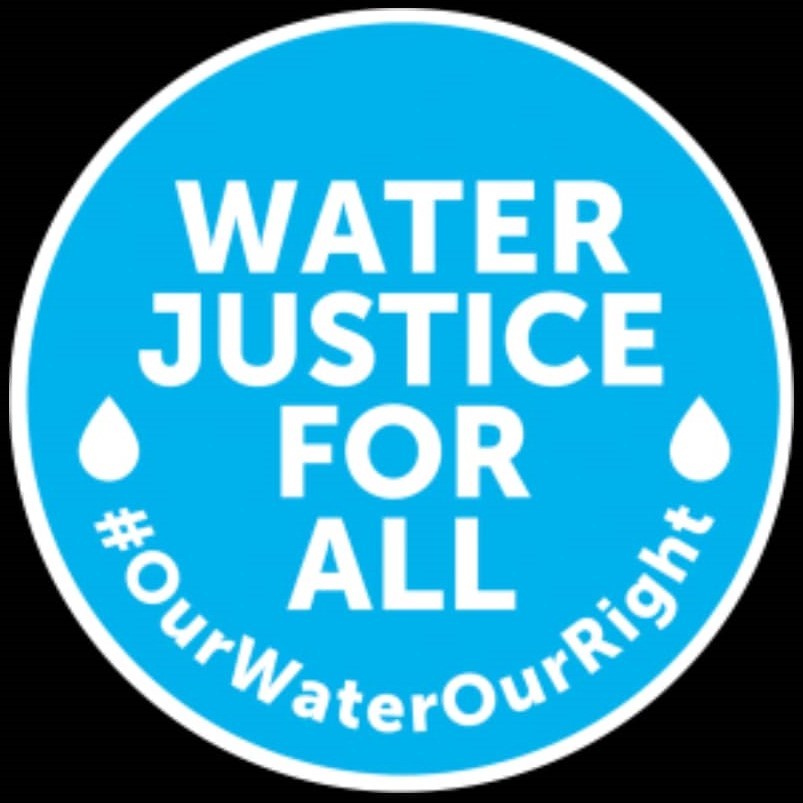PROTESTERS FACE repression as Illegal mining, known locally as “galamsey,” has wreaked havoc on water bodies, farmlands, and communities in Ghana.
The devastating effects of galamsey, including the contamination of major rivers like Densu, Birim, Pra, Ankobra, and Tano, have left citizens without access to clean water.
Dangerous chemicals, such as mercury and cyanide used in these mining operations, poison the rivers, farmland, and aquatic life, causing severe health problems, particularly reproductive issues in the Bibiani-Anhwiaso-Bekwai district.
Communities relying on these rivers for drinking water and agriculture now face dire health consequences and loss of livelihoods.
Fishers and farmers are especially hard hit, as soil infertility and polluted rivers have destroyed their means of survival.
This has forced Ghana Water Company Limited (GWCL) to shut down several water treatment plants, and water shortages continue to worsen.
Despite promises from Ghanaian authorities to combat the problem, the government’s efforts have been insufficient.
Protests demanding action have been met with repression, as citizens are arrested and mistreated for calling attention to the crisis.
The Our Water Our Right Africa Coalition (OWORAC) urges Ghana’s government to declare a state of emergency and take decisive action to halt galamsey activities.
OWORAC emphasizes that the protection of water sources and public health should take precedence over political considerations.
Immediate action is essential to prevent further environmental degradation and safeguard the livelihoods of the communities that depend on these water bodies.





